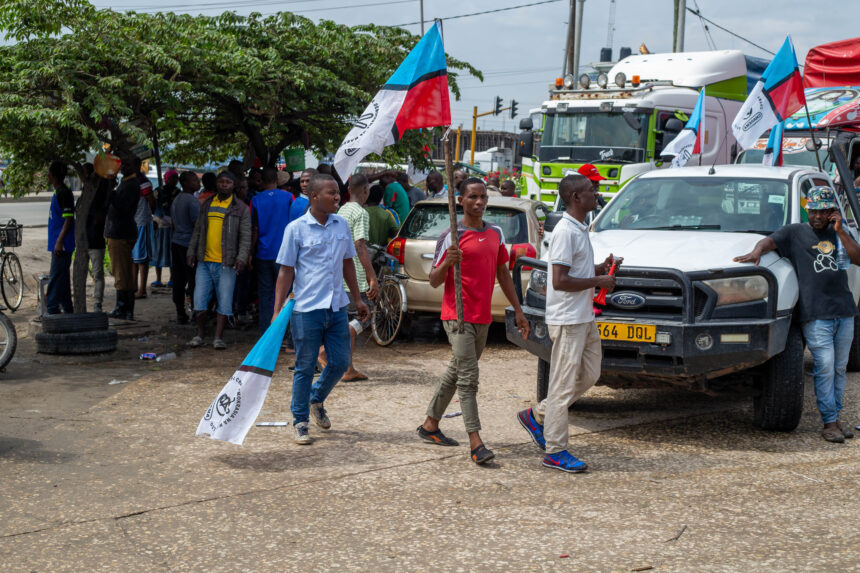January 24, 2024, marks a significant day in the political history of Tanzania, as the main opposition party, CHADEMA, organized mass demonstrations after an approximately eight-year hiatus. Before President Samia Suluhu took office, during the tenure of John Pombe Magufuli, Tanzania faced considerable challenges in its political landscape, witnessing a notable breakdown of democracy.
Yesterday’s CHADEMA demonstrations symbolize a shift in Tanzania under President Samia Suluhu towards upholding democracy and human rights, a move widely praised both domestically and internationally.
Despite the planned demonstrations, the expected outcome did not materialize. Many anticipated a substantial response, considering the prolonged absence of such events, yet the turnout was unexpectedly low. Internal investigations revealed several challenges that contributed to CHADEMA’s minimal participation in the demonstrations.
Choosing a Workday for Demonstrations: The decision to hold the demonstrations on a Wednesday may have been a strategic misstep. Conducting such events on weekends when more people are free from work might have resulted in a larger turnout. The low attendance could serve as a lesson for the party to consider better timing in the future.
Lack of a Specific Agenda: Unlike typical demonstrations with a unified message, CHADEMA’s event saw participants advocating for various causes, from lowering sugar prices to opposing power cuts and objecting to proposed election laws. The lack of a cohesive agenda made it challenging for the government to comprehend the demonstrators’ specific grievances.
Appeal to the United Nations: CHADEMA’s decision to submit a complaint to the United Nations raises questions. It is essential to note that diplomatic conventions discourage foreign diplomats, including UN ambassadors, from interfering in the domestic politics of their stationed countries. CHADEMA’s move may not yield a significant impact, and some may view it as a surprising action from a party with legal expertise.
The dwindling success of CHADEMA’s demonstrations serves as a lesson for all political parties in Tanzania. Poor turnout may signify disillusionment among citizens, urging the party to conduct a thorough self-assessment and regain trust among Tanzanians.


